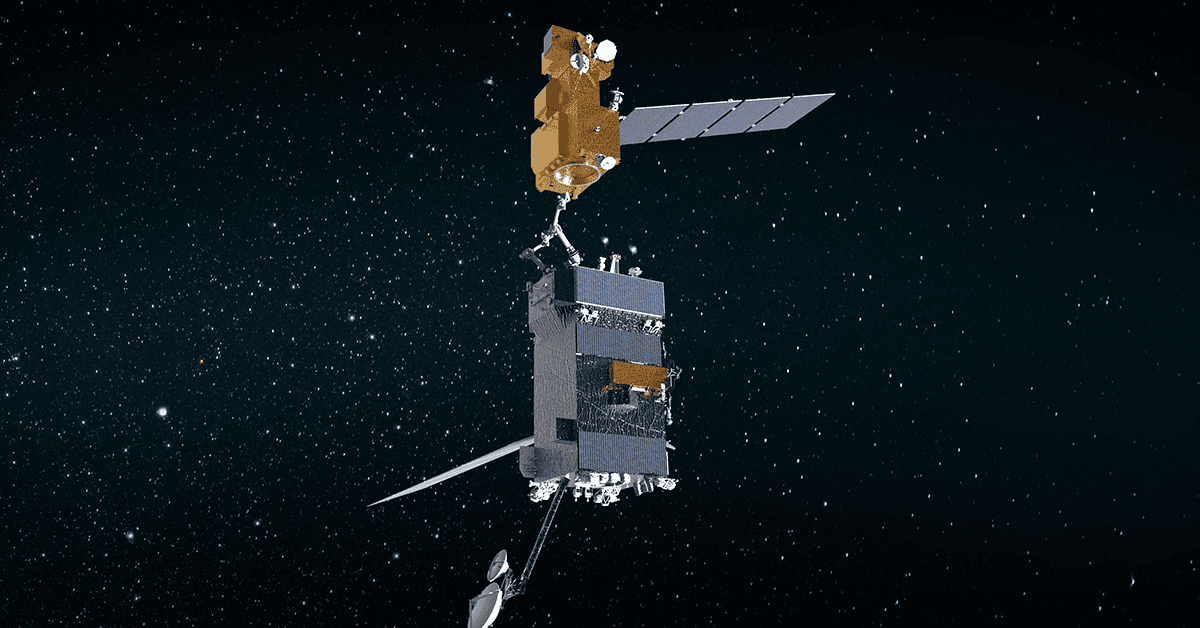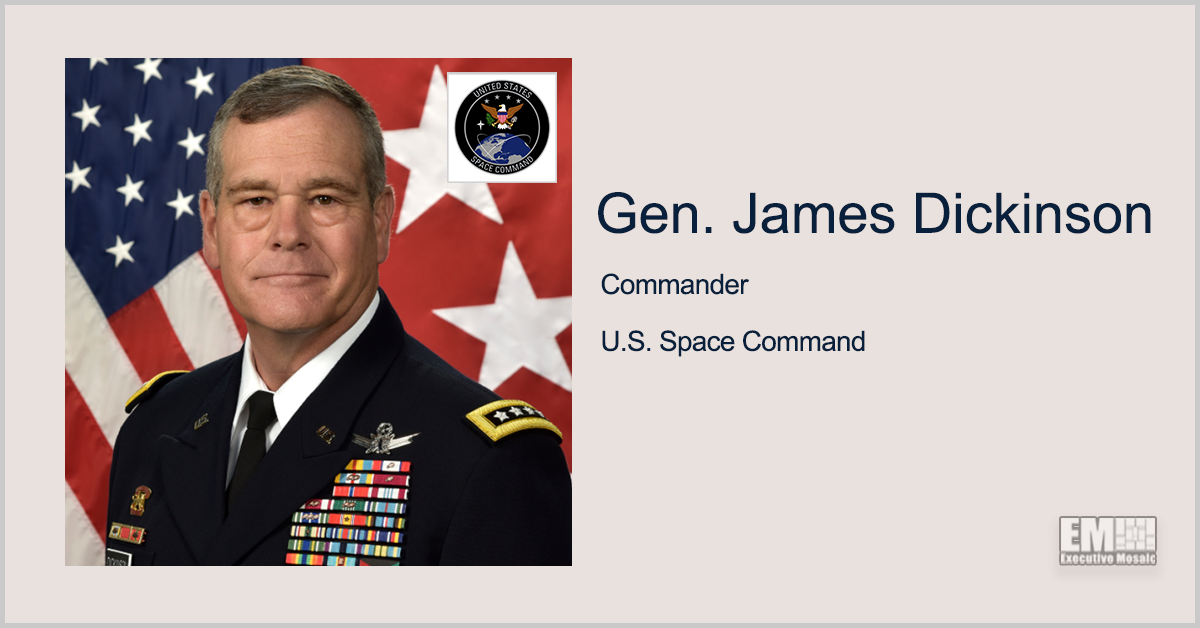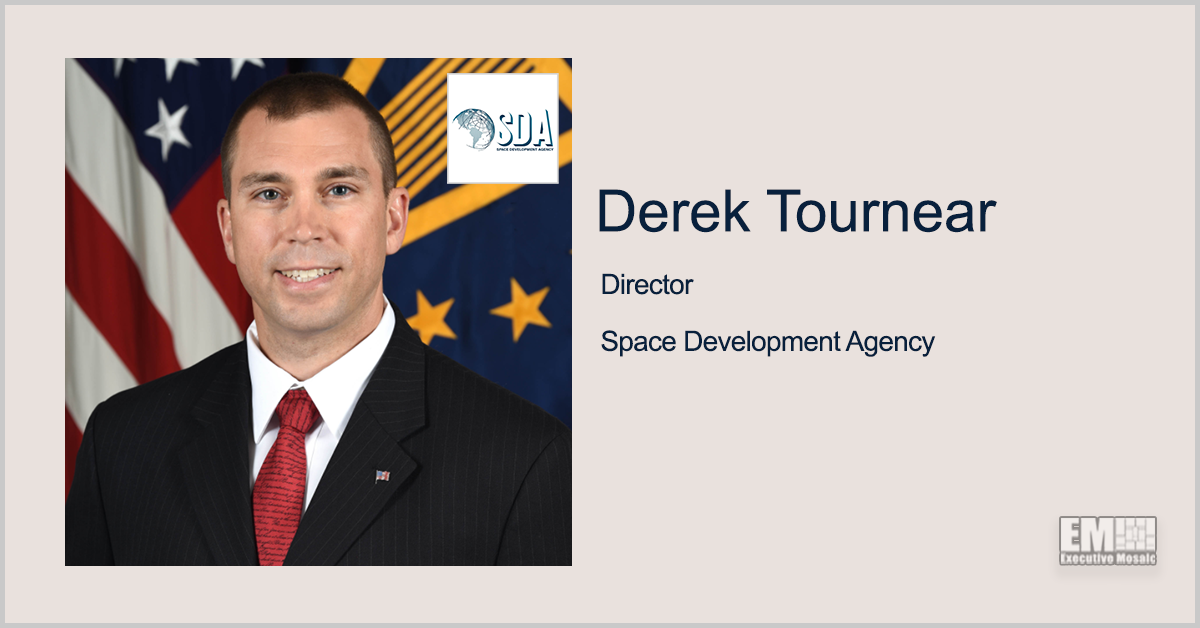Space satellites serve as the foundation for a myriad of civilian, military, economic and commercial operations within the U.S.; everything from cell phone service to GPS systems to weather forecasting operates based on data and insights gathered from satellites on orbit.
However, this dependence is being jeopardized by the increasing democratization of space and the concurrent rise in the counterspace capabilities of adversaries and new players in the domain alike.
Currently, there are nearly 5,000 satellites in space, and last year alone, there were 136 total launches, according to the Center for Strategic and International Studies’ 2022 Space Threat Assessment. Though many of these satellites and launches are neutral in nature, some countries are conducting destructive activities that pose direct threats to U.S. national security.
Join the Potomac Officers Club’s 2nd Annual Industrial Space Defense Summit on May 17 to learn more about how public-private partnerships are working to ensure national security in space.
In November 2021, Russia conducted a direct-ascent anti-satellite, or ASAT, missile test that stirred concern in the global space arena. Not only did the test create over 1,500 pieces of trackable space debris, but it also demonstrated the country’s efforts to build anti-satellite weapons.
In the foreword of the CSIS Space Threat Assessment, Susan Gordon, former principal deputy director of national intelligence, said these kind of threats, “from kinetic strikes, to other actions that create physical damage, to electronic, to cyber—should impel responsive actions within the United States, with our partners, and in a way that includes the private sector.”
The U.S. did respond, on Apr. 18, by issuing a ban on ASAT missile tests and encouraging other countries to halt these tests as well. Space policy experts have expressed their support for the decision, noting that it’s an important move in protecting U.S. space assets, which are particularly vulnerable due to their sheer quantity.
Gen. John “Jay” Raymond, chief of space operations for the Space Force and 2022 Wash100 Award winner, said that although these assets are highly advanced, they need to be updated to contend with the dramatic changes in today’s space environment.
“Our current constellations are the world’s best. They’re highly exquisite, but they’re few in number, and they’re not very defendable,” Raymond said during the McAleese Defense Programs Conference. “They’re built for a different domain. They’re built for a peaceful, benign domain. That’s not the domain that we find ourselves in today, and we need to pivot.”

Hear from leading federal and industry space experts during the Potomac Officers Club’s 2nd Annual Industrial Space Defense Summit on May 17.
Space Development Agency Director Dr. Derek Tournear and Commander of the U.S. Space Command, Gen. James Dickinson will keynote the summit. Click here to register.







